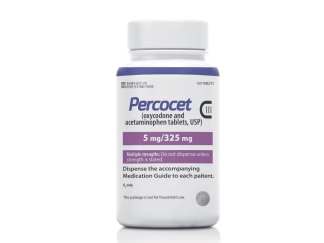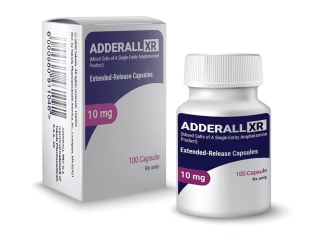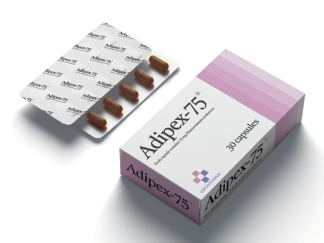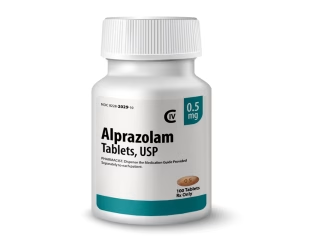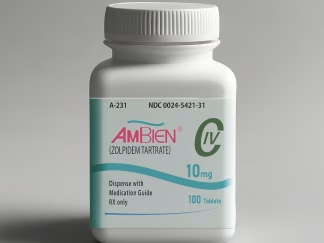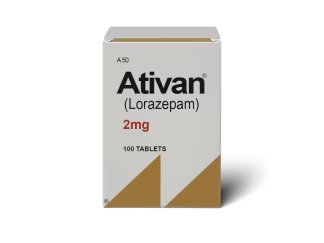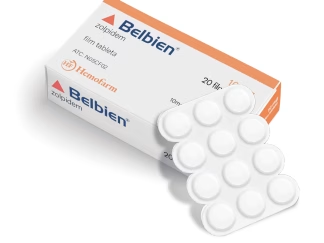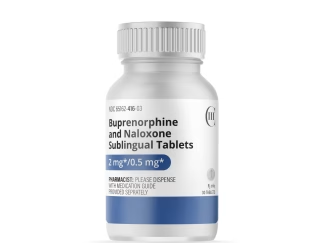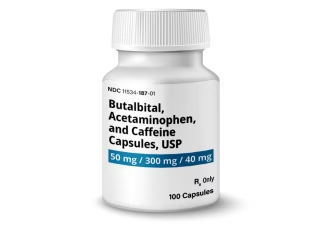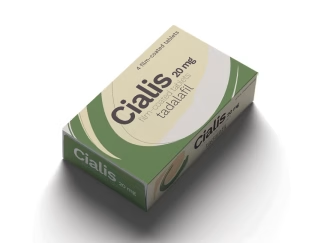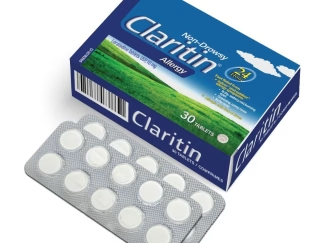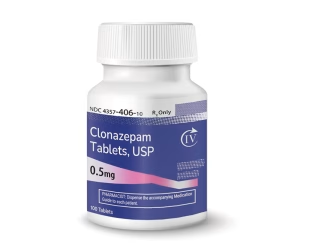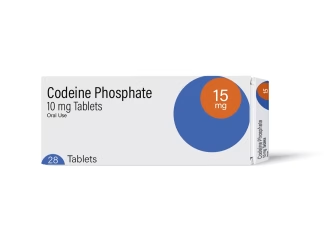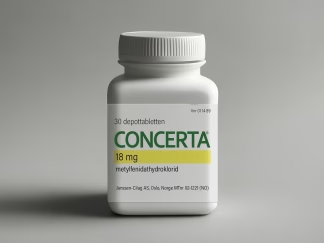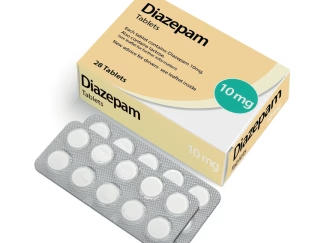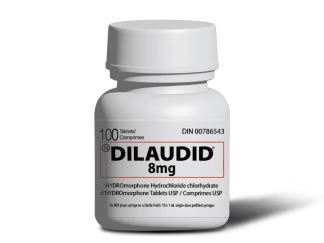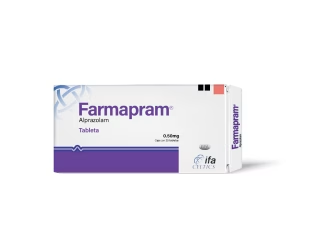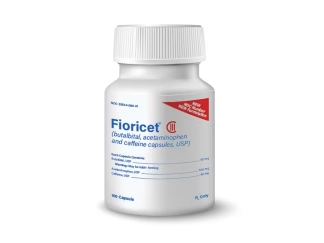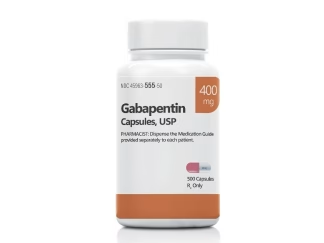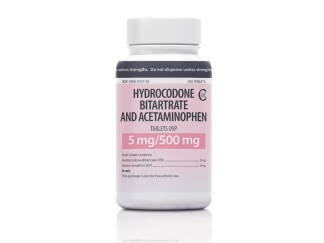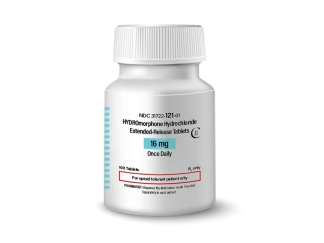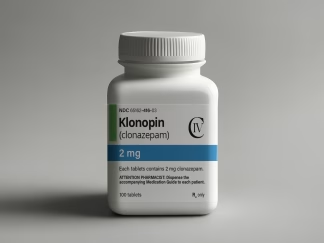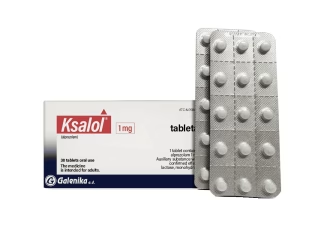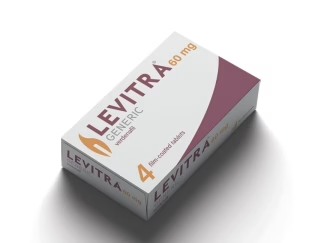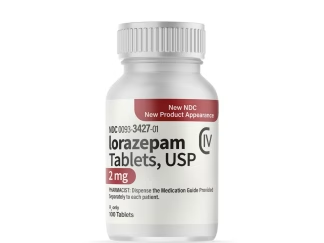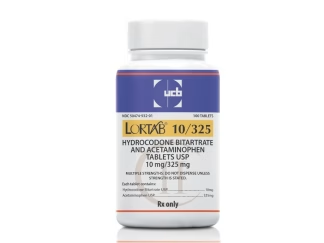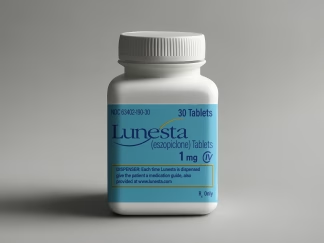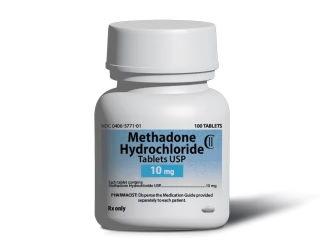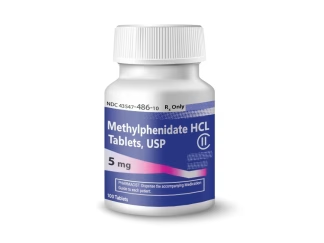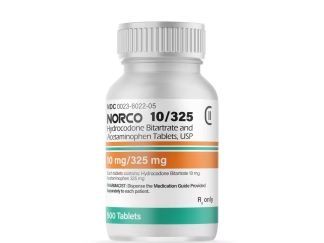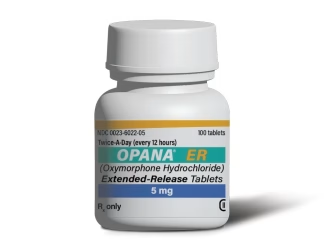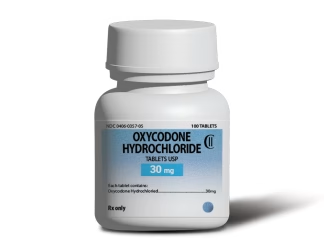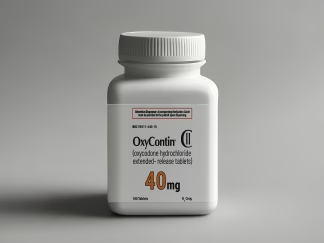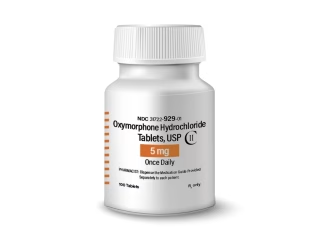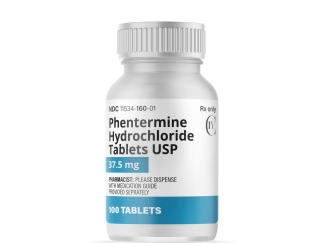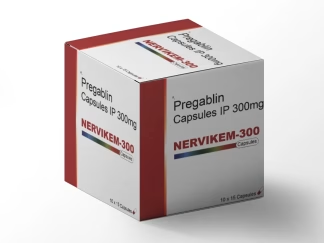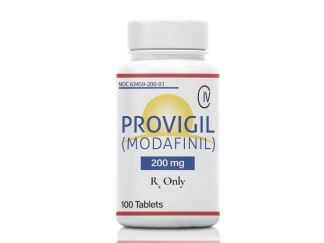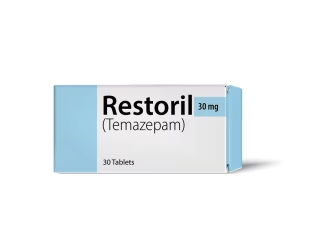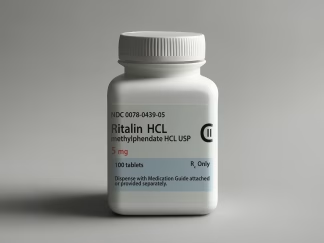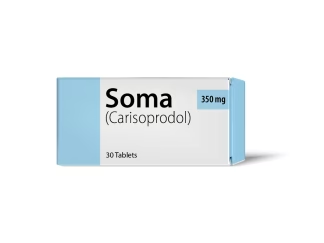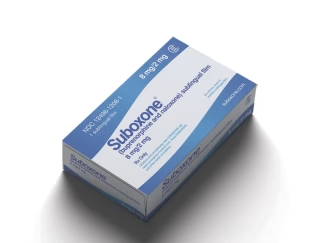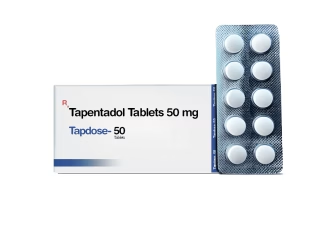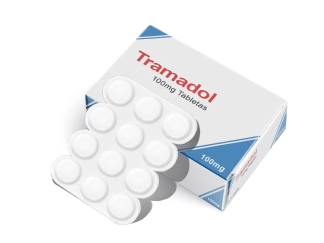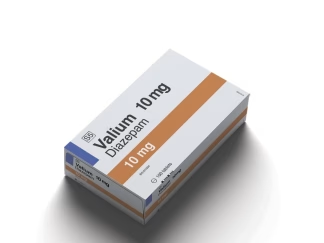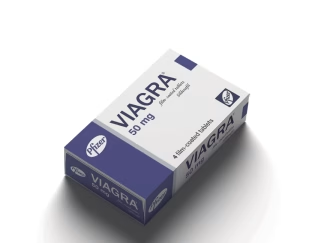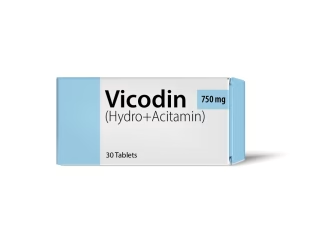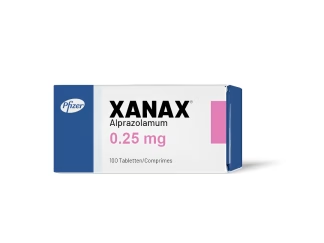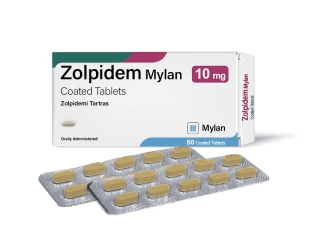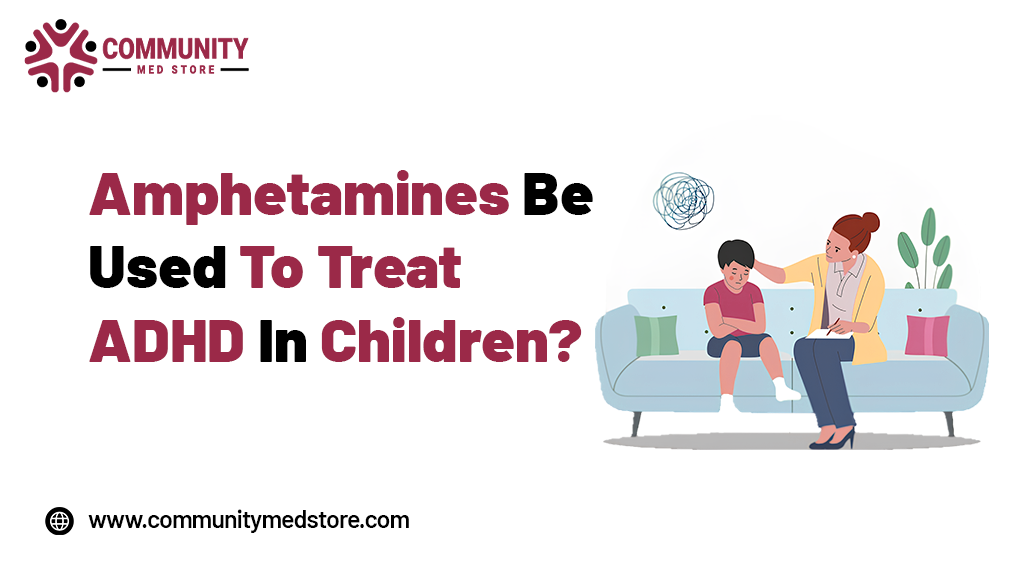
Introduction
Attention-deficit/hyperactivity disorder (ADHD) is a prevalent neurodevelopmental disorder that affects many children. Characterized by a combination of symptoms including inattention, hyperactivity, and impulsivity, ADHD poses challenges in various aspects of daily life. Although the exact origins of ADHD remain unclear, research has implicated imbalances in neurotransmitters in the brain as significant contributors to the condition.
Among the pharmacological options available for treat Attention-deficit/hyperactivity disorder in children symptoms in children, amphetamines have become one of the most frequently prescribed classes of medication due to their efficacy in correcting these neurotransmitter imbalances.
This article aims to provide an in-depth overview of amphetamines in the treatment of ADHD, discussing their mechanisms of action, benefits, potential side effects, and important considerations for treatment.
Understanding ADHD and Its Neurobiological Underpinnings
At its core, ADHD is linked to the dysregulation of key neurotransmitters, particularly dopamine and norepinephrine. These chemicals are vital for cognitive functions such as focus, attention, and impulse control.
Children with ADHD often exhibit decreased activity of dopamine and norepinephrine in critical brain areas responsible for executive functioning. This neurotransmitter imbalance can lead to difficulties in maintaining attention, managing impulses, and organizing activities, significantly impacting a child’s educational and social life.
The Role of Amphetamines in Treating ADHD
Amphetamines act as central nervous system stimulants that work by promoting the release of dopamine and norepinephrine while also blocking their reuptake in the brain. This action enhances the availability of these neurotransmitters, resulting in improved attention, decreased hyperactivity, and reduced impulsivity—core symptoms associated with ADHD.
Types of Amphetamines Approved for ADHD Treatment
Several amphetamine-based formulations are approved for the treatment of Attention-deficit/hyperactivity disorder in children. These include dexamphetamine, lisdexamphetamine, and mixed amphetamine salts. Each formulation is tailored to meet different treatment objectives and patient profiles, making them versatile options in managing ADHD.
Benefits of Amphetamines in Managing ADHD
Research has shown that amphetamines can lead to significant improvements in children experiencing Attention-deficit/hyperactivity disorder, especially regarding attention span, concentration, and impulse control.
The medications often show a rapid onset of action, providing quick symptom relief that can enhance a child’s academic performance and foster better social interactions. When effectively managed, amphetamines can be invaluable in helping children navigate the challenges of ADHD.
Considerations and Potential Side Effects
While amphetamines are generally effective, they do carry a risk of potential side effects. Common adverse effects may include decreased appetite, sleep disturbances, weight loss, and increased heart rate.
Moreover, there is a recognized risk of misuse and dependency on these medications, which underscores the importance of careful monitoring by healthcare providers. Parents and caregivers should maintain open lines of communication with healthcare professionals to ensure any concerns regarding side effects are promptly addressed.
The Importance of Individualized Treatment
Given that each child with ADHD is distinct, their responses to medication can vary significantly. As such, treatment should be individualized, accounting for factors such as the child’s age, symptom severity, existing comorbidities, and potential side effect risks. Healthcare professionals often collaborate closely with families to design tailored treatment plans that maximize the benefits of amphetamines while minimizing risks.
Monitoring and Long-Term Outcomes
Regular monitoring is critical for assessing both the effectiveness and safety of amphetamine treatment. Scheduled follow-up appointments allow healthcare providers to adjust medication dosages, evaluate side effects, and consider the long-term outcomes of treatment.
Effective communication among the healthcare team, parents, and the child is essential to achieving the best management of Attention-deficit/hyperactivity disorder.
The Best Drug For Treat ADHD in Children Is Adderall
Prescription drugs like Adderall are frequently used to treat children’s Attention Deficit Hyperactivity Disorder (ADHD). It functions by assisting youngsters with ADHD in being more attentive and less impulsive and hyperactive.
Amphetamine and dextroamphetamine, two stimulants that impact brain and nerve chemicals that contribute to hyperactivity and impulse control, are combined in Adderall, a medication that stimulates the central nervous system. It is crucial to remember that best Adderall should only be used under a doctor’s supervision because it carries dangers and potential negative effects if not taken as directed.
Conclusion
In summary, amphetamines serve an important function in the management of ADHD in children by addressing neurotransmitter imbalances. When prescribed and monitored judiciously by healthcare professionals, these medications have the potential to significantly enhance a child’s focus, self-control, and behavior regulation.
It is vital for parents and caregivers to stay informed about the benefits and risks associated with amphetamine-based treatments. By collaborating with healthcare providers, families can ensure that children with ADHD receive comprehensive care that supports their development and overall well-being.
A thorough understanding of the medications’ mechanisms, benefits, potential side effects, and treatment considerations is key in facilitating informed decisions that ultimately benefit children living with Attention-deficit/hyperactivity disorder.

